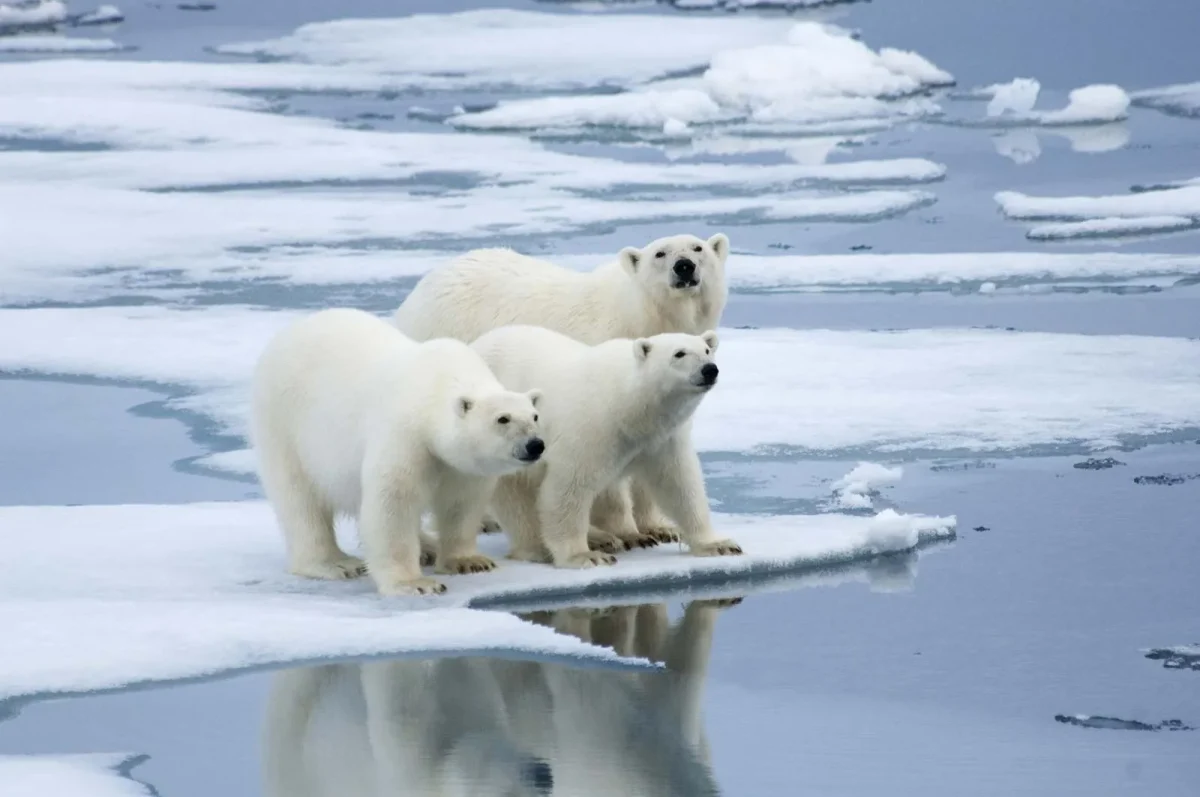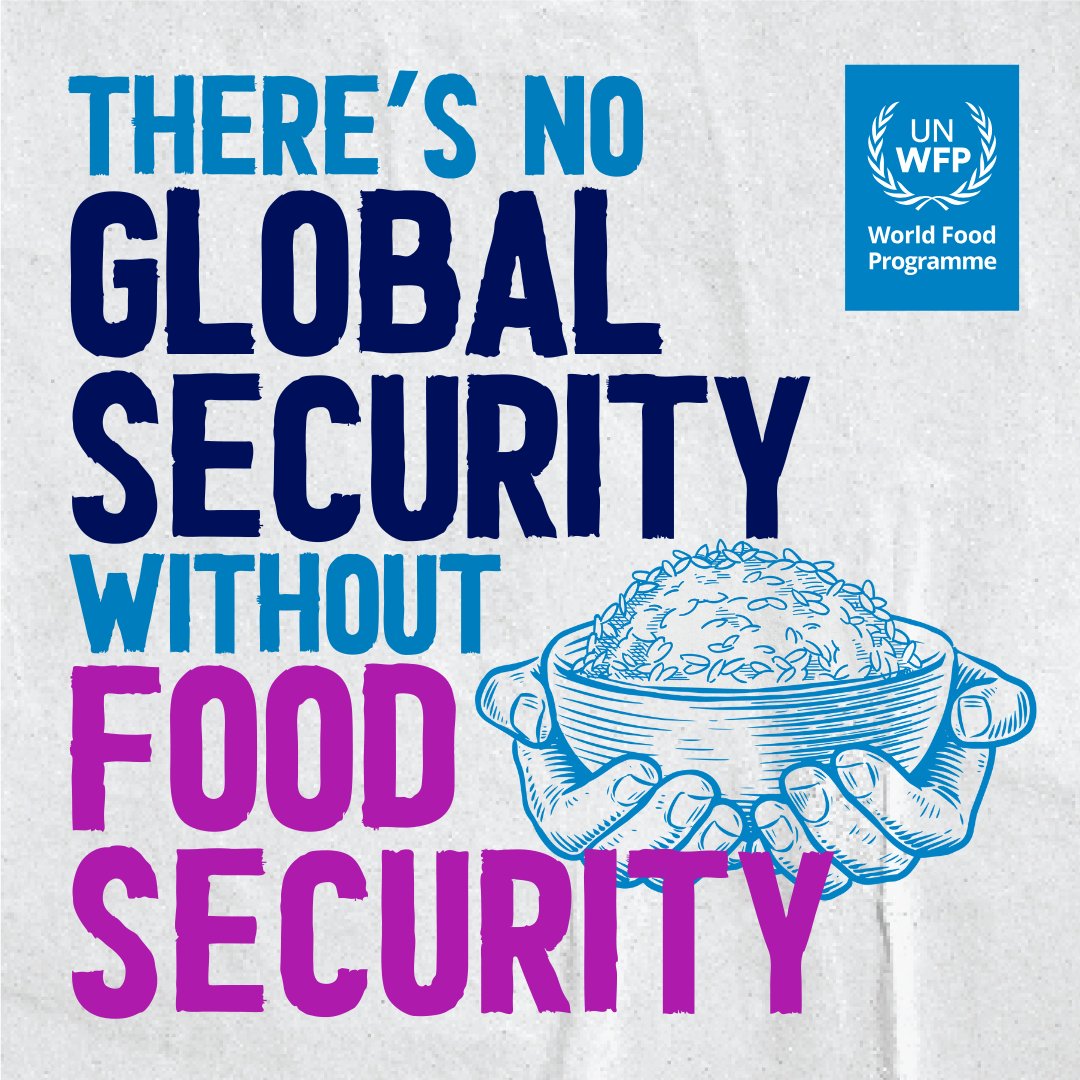As people living in a first-world country, it is common for us to take goods and rights for granted. One of the biggest items that we don’t worry about is food. However, this is slowly changing as the dreadful hunger crisis grows faster than ever throughout the world.
Hunger and poverty have been problems since humans appeared and numerous organizations have been created over the years to aid the crisis without much success. In fact, since the United Nations World Food Programs (WEP) creation in 1963, hunger has never reached such devastating highs. While 350 million people already experience some form of hunger and 49 million face extreme scarcity of food, the constantly rising food prices and climate change issues across the globe continue to worsen the food supply problem. In the middle of this chaos, the real question people want to ask is: What is causing the hunger crisis?
Recently experts on the matter determined the main source of the modern hunger crisis, through extensive data and research, is one main issue the world has already been focusing on: climate change. The climate change crisis refers to the long-term shifts in temperature and weather on earth which often has catastrophic results as it worsens over time due to pollution and overpopulation.
These events such as natural disasters can destroy buildings and roads, forcing people to abandon their hometowns, with the potential of creating massive shifts in population. Additionally, the weather issues caused by climate change can obliterate agriculture, causing global shockwaves in food systems. This has caused countries such as Yemen and Syria to a state of distress over hunger as well as causing places such as Ukraine to suddenly burst into a state of hunger crisis. The ties between climate change and the global hunger crisis are obvious.
In fact, researchers stated that in 2021, climate extremes drove eight African countries to extreme hunger, causing over 23.5 million people into dangerous levels of hunger due to migration and food shortages. Organizations such as the UN World Food Programs attempt to help, however, nothing seems to mitigate hunger. With nowhere else to turn, experts and activists beg those in power to aid the fight against the ever-shortening climate crisis clock. The global hunger catastrophe should serve as a wake-up call to all societies to pitch in and fix our planet before it is too late.
































